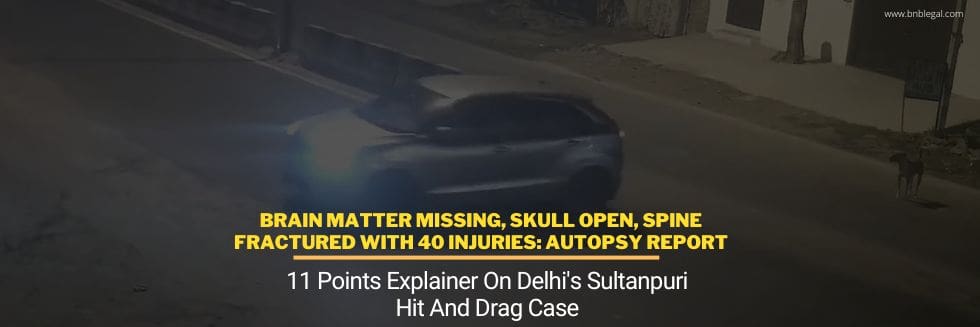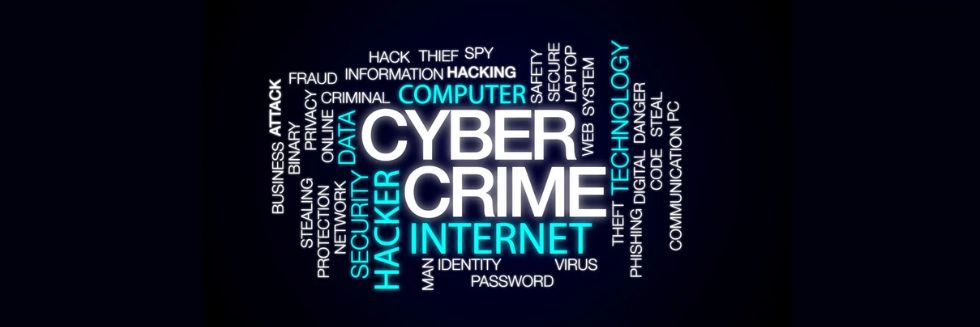Overview
Private defense means protecting or defending yourself or another person who may or may not be stranger by using force which, if, had been used otherwise, would have resulted in an illegal act. The force can also be used for the protection of property and even to prevent a crime from happening. Such force should be used when it is extremely necessary and when the person using such force does not have any alternate remedy or help which he can have recourse to. When a person is using such force in a reasonable manner then he cannot be made liable for his actions. The main idea behind the right to private defense is that a person should be able to protect himself and even another person in certain circumstances when the help of state machinery is not readily available. A person should be free to protect himself without having to face the consequences of his act. If a person had the means to help himself other than using the force then he cannot claim that he was acting in private defense. Actual attack by the assailant is not necessary for the right to private defense, if there is a reasonable apprehension in the mind of the victim then also he can invoke the right to private defense. In this article, we make an in-depth observation of the right to Private Defence as an exception under IPC.
Cause of Action:
A person can exercise the right to private defense
- To defend his or another person’s body. If a person has an apprehension that he may be attacked or another person may face bodily injury or assault.
- To defend his property or the property of another person. The property may be movable or immovable. The act of the offender should be criminal in nature. The examples of such acts are theft, criminal trespass, and robbery.
- Against a person of unsound mind.
There are certain cases where the right of private defense may be extended to causing the death of a person
- If the person reasonably apprehends that the assault directed towards him or any other person may lead to death.
- If there is a rational apprehension that if the private defense is not exercised then it may lead to grievous hurt.
- If the assailant has an intention to commit rape.
- If there is an intention to gratify lust on the part of the assailant.
- If the aim of assault is kidnapping or abduction.
- If the intent is to wrongfully confine a person and he has a reasonable apprehension that he will not be able to get help from the authorities for his release.
- If acts of theft, house-breaking by night, mischief by fire cause reasonable apprehension of death or grievous hurt.
Cases where the private defense cannot be exercised
- An act is done or an attempt made by a public servant in good faith while discharging his duties which do not result in an apprehension of death or grievous hurt.
- An act is done or an attempt made by the direction of a public servant in good faith while discharging his duties which do not result in an apprehension of death or grievous hurt. Such act need not be justified by law.
- If a person has time and means to get help from the authorities.
Remedies available in law
- Section 96 of IPC talks about things done in private defense.
- Section 97 of IPC provides for the right of private defense of body and property.
- Section 98of IPC talks about the right of private defense against persons of unsound mind.
- Section 99 of IPC serves as a limitation. It explains cases where this right cannot be exercised.
- Section 100 of IPC explains cases where the right extends to causing death.
- Section 101 of IPC talks about harm other than death.
- Section 102 of IPC explains when this right starts and till when it continues.
- Section 103 of IPC talks about causing death while defending property.
- Section 105 of IPC explains when does right of private defense of property starts and till when it continues.
- Section 106 of IPC says that if while exercising this right an innocent person is at risk, the victim can do so if there is an apprehension of death and there is no way he can save that person.






